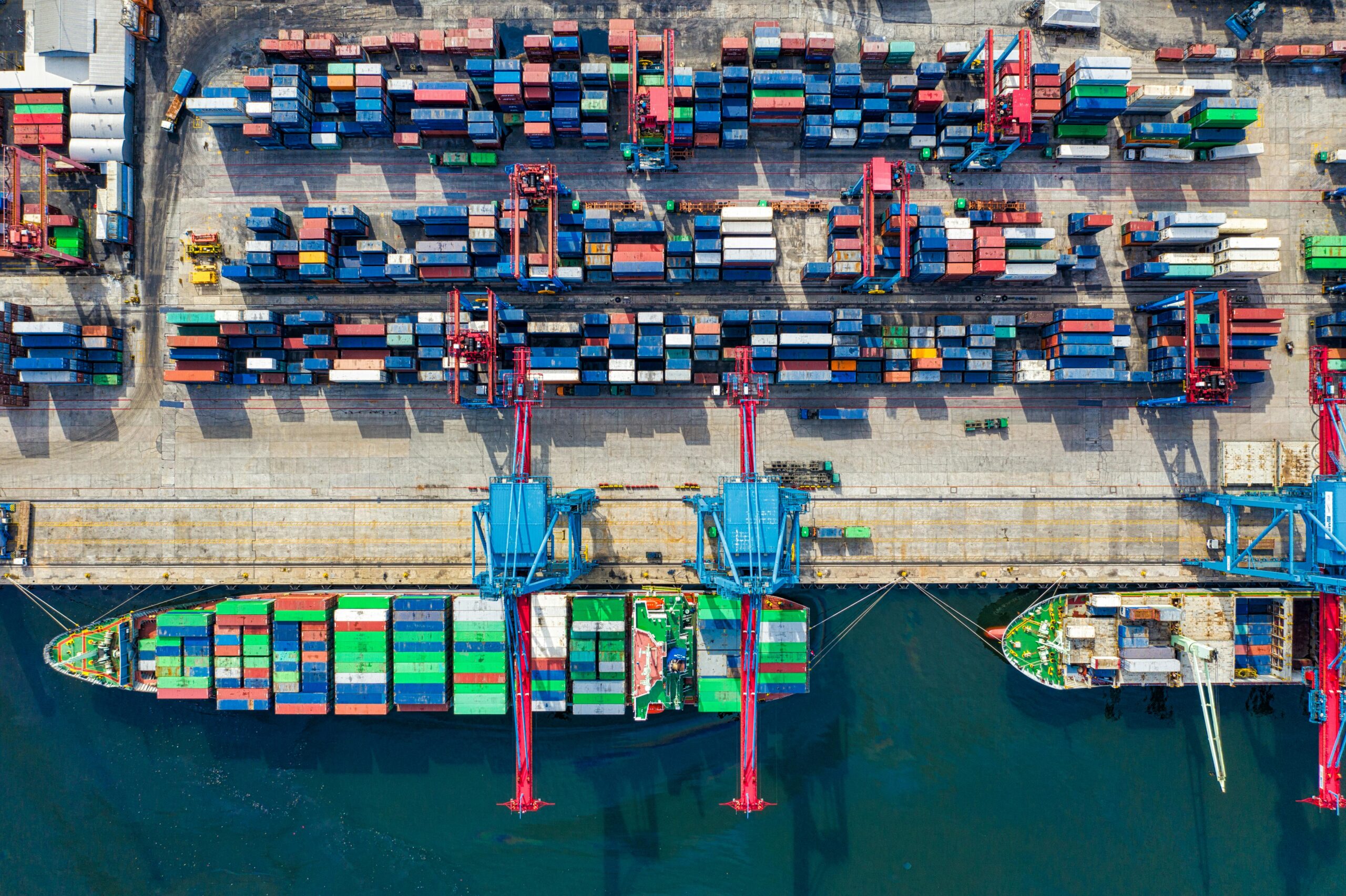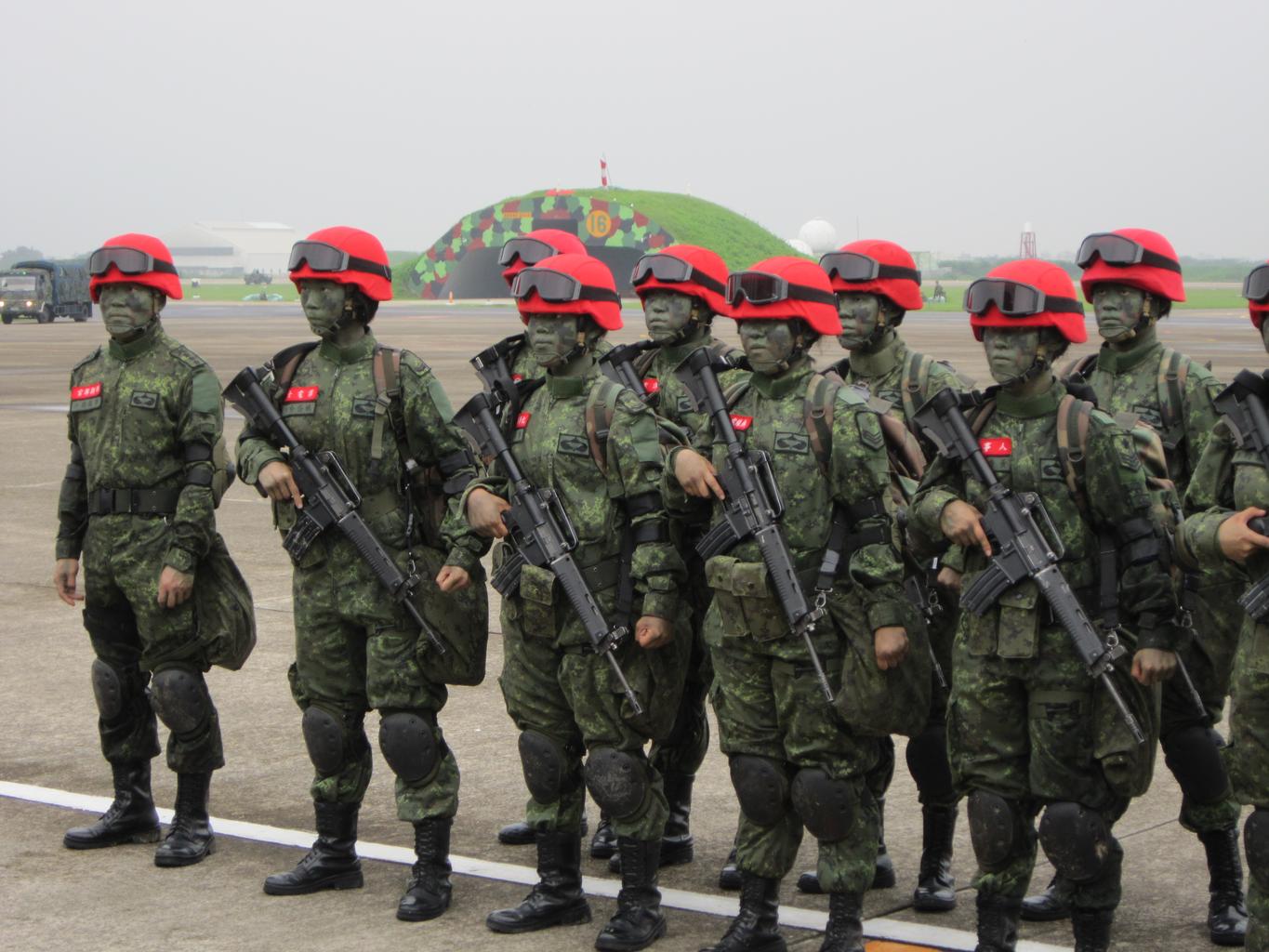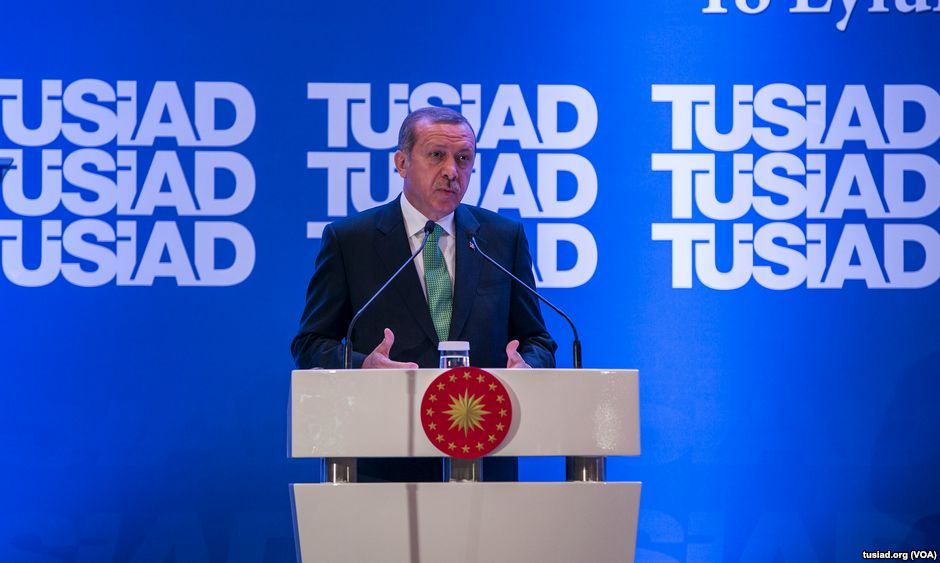The rising tensions in the Holy Land since the autumn of last year, following the outbreak of the Hamas-Israel war, have had negative repercussions throughout the Middle East. One of these negative developments is the worsening relationship between two very important regional states, the Republic of Turkey and the State of Israel. On May 2, the Turkish government announced that it would halt all bilateral trade with Israel until Israeli authorities allow the unhindered delivery of humanitarian aid to the suffering Palestinian population in the Gaza Strip. “Export and import transactions related to Israel have been halted, covering all products,” the Turkish Ministry of Commerce announced late in the evening of May 2.
Harsh Words
In response, Israeli Foreign Minister Israel Katz instructed the Ministry of Commerce to seek trade alternatives and focus on domestic production. “Dictator Erdogan, who wants to be a sultan, is serving Hamas, violating agreements, and trying to harm Israel, but actually harms the Palestinians he supposedly wants to help,” Katz said, announcing steps Israel has begun taking. “Anyone who takes unilateral steps against the Israeli economy will receive a painful and appropriate response. The Israeli economy is strong, and Turkey’s economy will be much more damaged… Erdogan will regret this mistake,” Katz added.
The next day, the Israeli government announced that it would retaliate against Turkey by restricting their trade with the Palestinian Authority in the West Bank. Additionally, the Israeli government will seek international financial forums to impose sanctions on Ankara for violating agreed trade agreements with Israel. Israeli Minister of Economy Nir Barkat filed a complaint with OECD leader Mathias Cormann over Turkey’s actions. At a meeting with Cormann, Barkat accused Erdogan of being an “antisemitic dictator” and that Turkey’s decision “clearly violates maritime trade laws and harms the continuity of the global supply chain.” “We expect the OECD to take measures against Turkey for Erdogan’s misguided decision that harms the entire European economy,” Barkat stated.
The Heated Recent History
Overall, Israeli-Turkish relations are characterized by a warm-cold dynamic. Turkey was the first Muslim-majority country to recognize the State of Israel in March 1949. Relations have had constant fluctuations. Ankara and Tel Aviv signed a free trade agreement in 1997. Relations between Tel Aviv and Ankara have been significantly strained over the past 14 years, primarily because Recep Erdogan has sought to use events in the Middle East, including the Holy Land, for his domestic political gain.
Turkish-Israeli relations suddenly deteriorated in 2010 after Israeli commandos killed nine Turkish activists in a raid on the Turkish ship Mavi Marmara, which was part of a fleet attempting to break the Israeli blockade of the Gaza Strip and deliver humanitarian aid.
In 2013, at the end of U.S. President Barack Obama’s visit to Israel and just minutes before his plane took off from Tel Aviv to Jordan, Obama arranged a phone call between Netanyahu and Erdogan during which they agreed to restore Turkish-Israeli relations. However, the attempt at reconciliation was thwarted in July 2014 by renewed Israeli airstrikes on Hamas during “Operation Protective Edge,” which Erdogan harshly condemned, comparing Israel’s actions to those of the Nazis.
Only in 2016, after Israel compensated the families of those killed on the Mavi Marmara, were diplomatic ties reestablished with the exchange of ambassadors. However, the good relations were short-lived. In 2019, Israel suppressed the “Great March of Return” in Gaza initiated by Hamas, during which Palestinians attacked the border fence, resulting in numerous Palestinian casualties and reigniting tensions between the Turkish president and the Israeli prime minister.
The Pandemic: A Factor that Strengthened Trade Cooperation
Immediately after the outbreak of the coronavirus pandemic in China in 2020, Israeli companies began looking for alternative trade opportunities, and Turkey seemed very attractive. Due to its geographical proximity, relatively low production costs, and undoubtedly high-quality products, Turkey has become a very important trading partner for Israel in recent years. Israelis thus saved on transport time and reduced transport costs.
Israeli President Isaac Herzog visited Turkey in March 2022, and subsequent visits by both foreign ministers helped thaw relations. In August 2022, Turkey and Israel announced the restoration of diplomatic relations and the return of ambassadors to their countries after years of tension. The Erdogan-Netanyahu meeting in New York in September on the sidelines of the UN General Assembly was held in the context of Ankara’s efforts to resolve disputes with Arab countries such as Egypt, Saudi Arabia, and the UAE, coinciding with broader global attempts at reconciliation between Muslim countries and Israel following the so-called Abraham Accords in late 2020, under which Morocco, Bahrain, the UAE, and Sudan normalized relations with Israel.
Turkey embraced the revitalization of diplomatic relations with Israel not only out of self-interest but also as a strategic move to strengthen its strained relations with the U.S. and NATO allies. Furthermore, improving relations with Israel allowed Turkey to bolster its struggling economy and strengthen its foreign policy position in the eastern Mediterranean.
After the EU imposed sanctions on Russia due to the invasion of Ukraine in 2022, there were proposals for Turkey to become a key transit route for sending Israeli gas to Europe, which is important as the European Union seeks alternatives to Russian energy sources. Israel discovered gas reserves near its coast in 2010. However, Israeli gas for the EU is currently being transported via the Egyptian route.
Mutually Beneficial Trade
Strengthening trade relations has been ongoing year by year. Besides exporting basic foodstuffs and goods such as vegetables, eggs, and textile products, Turkey is a leading exporter of high-value products to Israel, exporting items such as iron, cement, steel, plastics, and electronics. Specifically, in 2022, iron and steel were the leading Turkish export products to Israel (valued at $1.19 billion), followed by motor vehicles ($563 million), plastics ($516.24 million), and electronic equipment ($384.59 million).
Data from the Turkish Statistical Institute reveals that bilateral trade last year amounted to over $6.8 billion. More than 75 percent of the trade encompassed Turkish exports, showing that Ankara is a far stronger economic partner. Thus, Turkey loses more from the cessation of goods trade. Israel was among the 20 largest destinations for Turkish exports, purchasing goods and services worth $5.4 billion. Specifically, Israel was Turkey’s 13th largest export partner. Israelis led in the export of refined petroleum products. Turkey is the 10th largest export market for Israeli products.
The Impact of the Holy Land War on Turkish-Israeli Relations
After Hamas attacked Israel on October 7, 2023, and the subsequent war between Israel and Hamas, a rhetorical war ensued between high-ranking Israeli and Turkish officials. Turkish President Recep Erdogan constantly fiercely criticized Israeli Prime Minister Benjamin Netanyahu and the policies of the Israeli government towards the Palestinian issue. He called Israel a “terrorist state” and expressed support for Hamas, which much of the world, especially the West, considers a terrorist organization.
Nevertheless, Israelis and Turks remained economically, and quite closely, connected partners. Over the past few months, Erdogan has been under domestic political pressure, forcing him to take a tougher stance against Israel. On one hand, pro-Palestinian protesters at massive rallies in support of Palestinians called on Erdogan to sever ties with Israel due to the war in Gaza. Pro-Palestinian protests have intensified in recent weeks.
On the other hand, in the Turkish local elections on March 31 this year, Erdogan’s Justice and Development Party (AKP) suffered spectacular defeats not only from the left-wing Kemalist Republican People’s Party (CHP) but also from the conservative Islamist New Welfare Party (YRP). AKP thus lost control over many cities and provinces, reducing the power of the Turkish president. Erdogan’s tougher stance against Israel followed.
In April, Turkey announced it would limit exports to Israel to 54 products, including marble, cement, steel, aluminum products, and jet fuel. The Turkish Ministry of Foreign Affairs and the Ministry of Commerce accused Israel of refusing to approve Turkey’s request to deliver air humanitarian aid (food, medicines, and other basic necessities) to the population of Gaza. According to Israeli data, Turkey is one of the largest donors of aid to Gaza. Interestingly, the April restriction did not cover Turkish imports from Israel. On April 20, Erdogan hosted Hamas leader Ismail Haniyeh on an official visit.
Turkey’s Intentions with the Genocide Lawsuit Against Israel
Turkey’s trade ban with Israel on May 2 came at a time when Turkish Foreign Minister Hakan Fidan announced that Turkey would join South Africa’s lawsuit accusing Israel of genocide against Palestinians at the UN International Court of Justice (ICJ).
Colombia has expressed similar intentions. “Turkey will continue to support the Palestinian people in all circumstances,” Fidan stated. After South Africa accused Israel of committing genocide in Gaza in January, the ICJ ordered Israel to refrain from any actions that could fall under the Convention on Genocide and to ensure its troops do not commit genocidal acts.
The International Court of Justice could allow states to join the process against Israel and present their views, which could influence the outcome of the verdict. The court process is expected to last many years.
Regardless of the genocide lawsuit, the war between Israel and Hamas has brought terrible suffering and horrors. It has claimed the lives of more than 34,600 Palestinians in Gaza, about 70% of whom are women and children. More than 80% of the 2.3 million residents of Gaza have been displaced, and entire neighborhoods have been razed to the ground by Israeli bombing or ground invasion. The population of Gaza is exposed to dying due to a lack of food, drinking water, and medicines.
Before the Israeli offensive, about 1,200 Israeli civilians were brutally killed in an irrational terrorist attack by Hamas, which surprised the Israeli intelligence community and army. Hundreds of Israelis, including women and children, are in Hamas captivity, and there are doubts about their survival given that the Gaza Strip is blockaded. According to the UN Office for the Coordination of Humanitarian Affairs (OCHA), the Holy Land has suffered a human tragedy that “has no precedent in recent history.”




